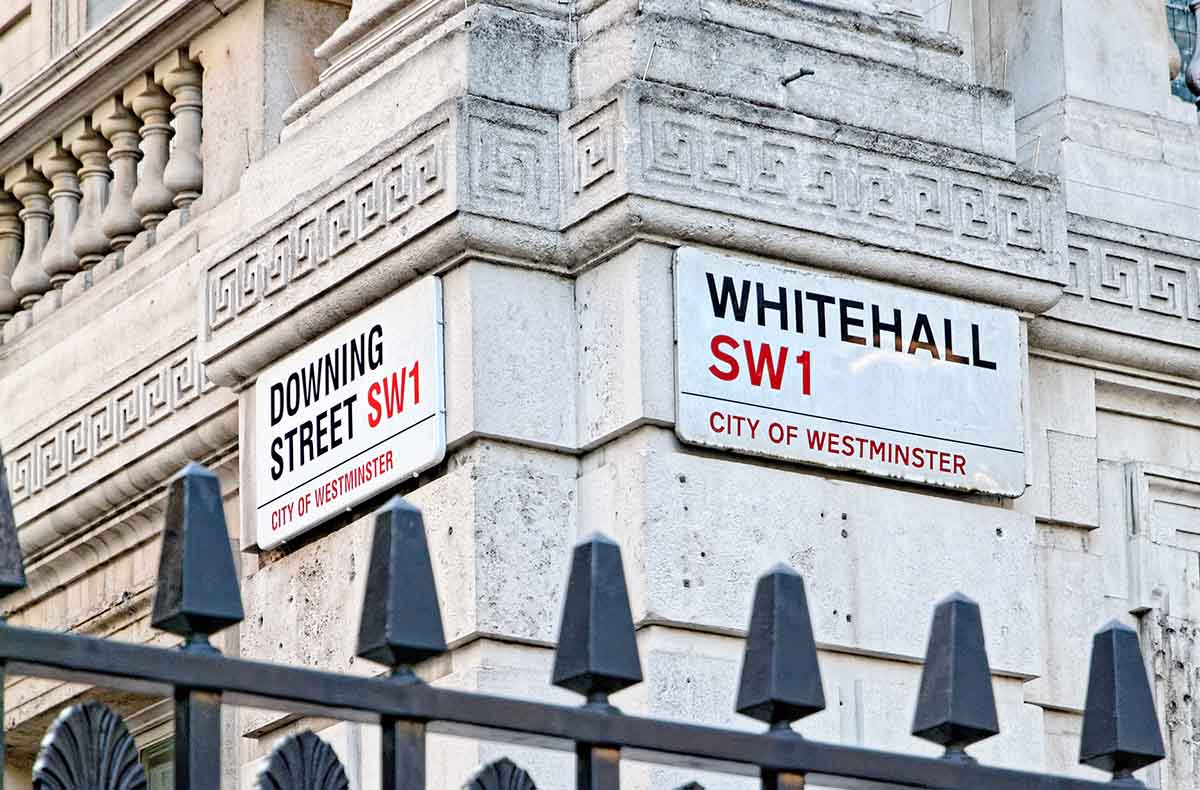
Regular NT readers will know I’m no fan of United Kingdom Home Secretary Suella Braverman’s scattergun—and potentially illegal—asylum seekers policy. My firm stance sometimes gets confused for all-out opposition to the Conservative government. It is not.
As a professionally apolitical hack of 25 years, I’m acutely aware of the failings of all political parties—as well as their dwindling successes. Take, for example, the Conservative Party’s admirable (at least in principle) commitment to leveling up a United Kingdom dogged by a North-South divide.
It’s a well-known “fact,” isn’t it, that wealthy southerners walk streets paved with gold and dine on Michelin-star cuisine outside London’s sun-soaked street cafés each day—before jet-packing to their £3 million homes in Notting Hill? Meanwhile, grim northerners scratch a living in dockyards and eat rain-soaked fish and chips from newspapers while pounding the cold streets because they can’t afford to go home and put the ’leccy on.
Right?
I exaggerate massively, of course. I’m actually a working-class Londoner who grew up on a council estate next to some of Britain’s poorest boroughs.
Britain’s socio-economic geography is far more complex and nuanced. It is widely accepted that the UK needs leveling up—and that the (statistically) less wealthy Midlands and North need a boost. So, in principle, I support the concept, however ethereal it has been when presented at the policy level.
Even Rishi Sunak realized the importance of leveling up when he took over as Prime Minister from Liz “no, it wasn’t a terrible dream” Truss. Sunak vowed to deliver the leveling up agenda promised to Conservative “red wall” voters by Boris Johnson before the 2019 General Election.
Sunak listed leveling up-related economic growth among his five priorities—alongside tackling the “small boats” crisis in the English Channel. Which brings me neatly back to asylum seekers: the often-desperate souls making the dangerous and illegal dinghy crossings co-ordinated by traffickers.
Sunak made five key policy pledges for this year. He never explained what happens when they come into conflict. Which policy would, um, take priority?
Well, the UK is about to find out. Because at a former military base in Lincolnshire—a largely rural East Midlands county in need of leveling up—the Home Office and a local council are at loggerheads over Braverman’s plan to house 1,500 male asylum seekers on the site while they await applications to remain in the UK.
In March, West Lindsey Council and its development partners announced a £300 million regeneration and leveling up plan for the decommissioned RAF Scampton airfield owned by the Ministry of Defence. To the uninitiated, RAF Scampton is the former home of the famous Dambusters squadron of World War II fame and, more recently, the Red Arrows.
West Lindsey’s proposal took three years to negotiate and could create 1,000 jobs. The initiative would bring fresh housing, retail, education, science and cultural centers to the 800-acre site. It is a detailed leveling up proposal that could generate much-needed economic growth across Lincolnshire.
Enter the Home Office. Just days after West Lindsey announced its plan, the government said it wanted to exercise reserve powers to take control of the site.
Under pressure to tackle small boat crossings and manage soaring asylum numbers, the Home Office has earmarked former military bases and prisons as temporary asylum centers—because, the department claimed, there is nowhere else available. Interestingly, the Home Office’s announcement followed its decision to move 51,000 asylum seekers from temporary accommodation in expensive hotels, which costs £6 million a day.
So, the Home Office says it needs RAF Scampton to deliver on one key Sunak policy. And West Lindsey Council says it needs the site to deliver on a separate prime ministerial pledge.
The Home Office argues it holds emergency powers—known as Class Q—to bypass standard local planning permissions required for a change of purpose at sites like military bases. Ordinarily, such permission would be granted by the local authority or at least involve local consultation. But the Home Office says it doesn’t need such permissions and is effectively trying to shove the local authority’s regeneration plan out of the way.
Senior officials at West Lindsey Council are furious and so are local residents. The development company behind the council’s leveling-up scheme—Scampton Holdings Ltd—has indicated it will withdraw from the project if the Home Office places asylum seekers on the airfield. Battle lines are drawn.
This all seems to be the inevitable outcome of a lack of foresight. Did nobody in Westminster or Whitehall stop to think this through before appearing to ride roughshod over local councils, planners, developers and residents?
Inevitably, this dispute is likely to end in court. Last month, the High Court ruled the Home Office could use Class Q emergency powers to grab a decommissioned military airfield in Braintree, Essex, for asylum purposes.
However, Braintree Council’s legal case against the Home Office did not center on an alternative proposal that could generate significant economic growth. That is where West Lindsey Council’s opposition is now likely to test the best legal minds across Britain’s judiciary.
If West Lindsey proceeds with a Judicial Review of the Home Office’s muscular approach to asylum and planning policy, judges will effectively be asked to weigh up which of Sunak’s policy pledges take legal priority. Leveling up and a commitment to localism, or tackling the small boats crisis via centralist diktat? Sunak appeared to assume these two distinct policies would not come into conflict. Never underestimate the law of unintended consequences.



